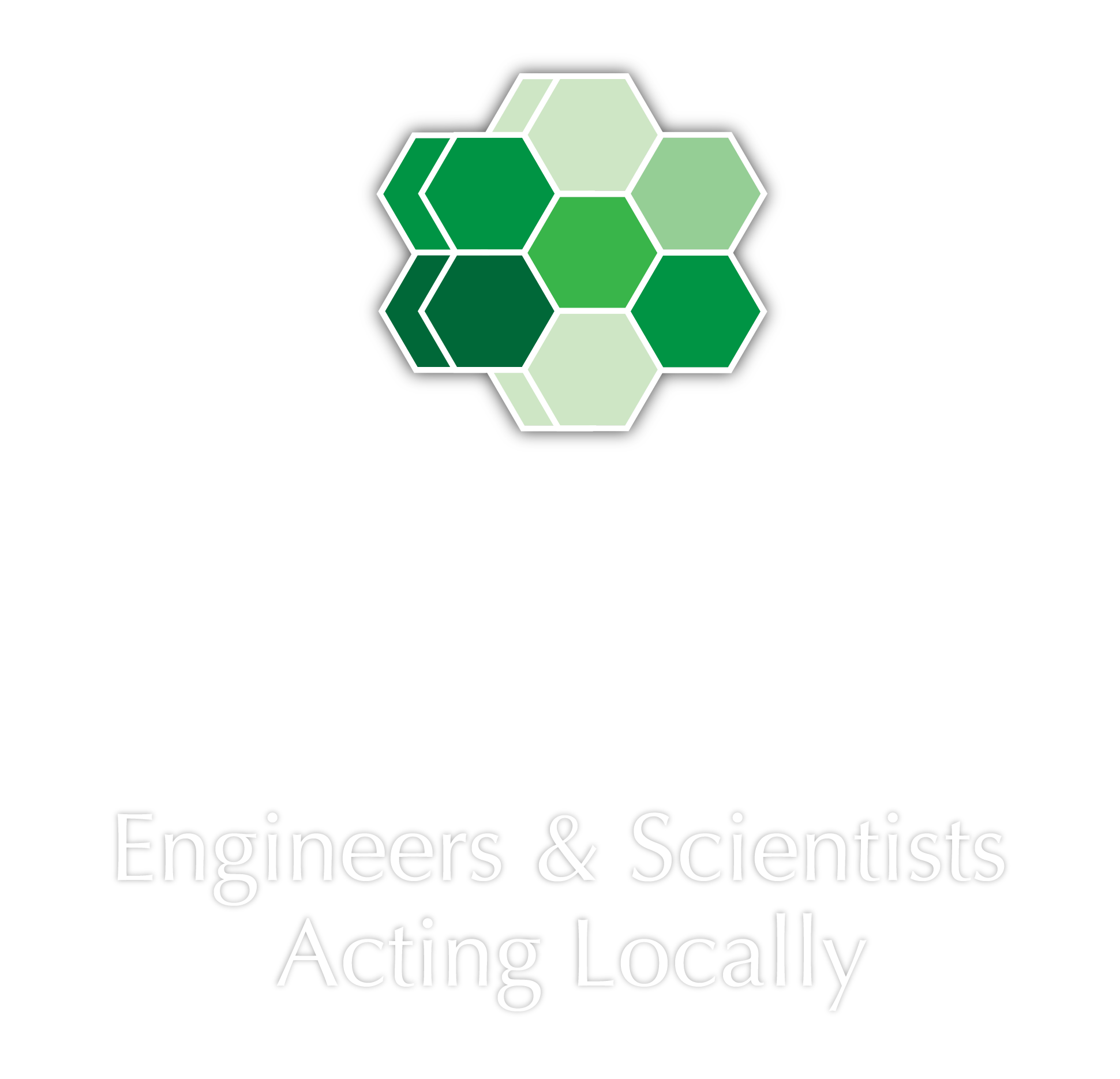Governments at all levels have a vital role to play in the protection of surface water, ground water, drinking water and wetlands. Local entities regularly monitor the gaps that fall between state and federal regulations. Local governments often have the most complete understanding of their water ecosystems and are best-situated to understand the needs of stakeholders who depend on them, and therefore often enact preventative policies like environmental zoning to avoid water imbalances. Limits set by local administrations on water consumption and water pollution are common methods used to find equilibrium between water, people, and the ecosystem.



